CEE | Center for Experimental Ethnography
Menu
The Fellows Year-End Event "Mexican Psychotic ", is an experimental film led by Ricardo Bracho, followed by a panel discussion scholars and artists on Ramírez’s work and contemporary issues of incarceration, mental health, and artistry. This panel discussion included Ricardo Bracho in conversation with editor and animator Oludare Marcelle, editor Emily Dunlop, Toorjo Ghose (UPenn), James Yaya Hough (Artist , and Aaron Alarcon-Bowen.
Mexican Psychotic is an experimental video-in-progress on the life, art, and mythos of artist Martín Ramírez, who spent 30 years drawing beautiful works while incarcerated in California mental asylums. The film team includes Richardo Bracho as writer and director, Oludare Marcelle as lead editor/animator, Emily Dunlop as assistant editor, Nicholas Plante as assistant editor, and voiceover director. Dr. Toorjo Ghose is an Associate Professor at the University of Pennsylvania School of Social Policy & Practice whose work focuses on structural interventions in the areas of incarceration, substance use, homelessness, and HIV, both at the domestic and international levels. Dr. Jennifer S. Ponce de León is an interdisciplinary scholar and Associate Professor of English at the University of Pennsylvania, whose research focuses on cultural production and antisystemic movements in the Americas since the 1960s and critical theory. James "Yaya" Hough is the inaugural artist in residence for the district attorney’s office of Philadelphia. Aaron Alarcon-Bowen is the Executive Director of the Community Services Bureau in Concord, California.
0 Comments
Dec 6th at 5 pm.Our CEE Fellow Year-End Event "Affect Theatre" included a presentation followed by scenes written and performed by graduate students in the Affect Theatre class, and lead by Cristiana Giordano and Greg Pierotti
How does an ethnographer remain affected by worlds encountered after leaving the field of research? How does a theater maker build theatrical worlds from empirical research that conveys not only story, but also affective experiences? Affect Theatre is a thinking and acting space for experimenting with these questions. During this lecture presentations students will present brief theatrical episodes which they will then explore and analyze with spectators in a group feedback process. CEE Fellows Cristiana Giordano and Greg Pierotti will give a talk laying out the practices and the theory underlying their collaborative experiment and methodology. ABOUT THIS EVENT The Center for Experimental Ethnography, WXPN, and Dr. Camee Maddox-Wingfield held a panel on Haitian Vodou inspirations and the roots of musical responses to social injustice, featuring Haitian and Haitian American artists Manzè Beaubrun (Boukman Eksperyans), Malou Beauvoir (Malou Beauvoir), and Richard Morse (RAM and IMAMOU). The event was in English with simultaneous translation in Haitian Creole. Register now. LISTEN BEFORE THE EVENT In order for you to get the most out of the conversation, we suggest you listen to some amazing grooves by the artists who will be joining us on Dec 7! Scroll to the end of the post to find out more. Mimerose ‘Manzè’ Beaubrun Photo Above: Mimerose Beaubrun, courtesy of the artist Mimerose ‘Manzè’ Beaubrun is the lead singer and co-founder (with Lolo Beaubrun) of Boukman Eksperyans and the author of Nan Dòmi, récit d'une initiation vodou (2011), translated into English as Nan Dòmi: An Initiate’s Journey into Haitian Vodou (2013), as well as a manbo (Vodou priestess). She received her BA in Social and Cultural Anthropology from the Université d'État d'Haiti, and co-authored the 1998 book Livre ouvert sur le développement endogène d’Haïti, translated into English as Open Book on the Endogenous Development of Haiti. Boukman Eksperyans (English: Boukman Experience) is a Grammy-nominated mizik rasin band. The band derives its name from a a tribute to the Jamaican born enslaved leader Boukman Dutty who launched the Haitian revolution in August 1791, and the Haitian Creole word for "experience" (Eksperyans), inspired by the band's appreciation of the music of Jimi Hendrix. One of the most important musical movements that swept Haiti in the years following the exile of dictator Jean-Claude Duvalier, mizik rasin combines elements of traditional vodou ceremonial and folkloric music with rock and roll. When Mimerose and Lolo began to seek their musical goals, they felt a strong desire to incorporate African elements in Haiti's culture into their music, combining roots music with vodou religious and musical traditions. Since the beginning, starting with the first encounters made by the Beaubruns with deep African roots, Boukman Eksperyans has remained steadfastly linked to the Ginen ("Guinea") vodou line. The band calls it vodou adjae after a vodou ceremonial dance. This was also the title of their first album, released in 1991. Boukman Eksperyans first became famous in 1990 when they presented their song "Ke'm Pa Sote" at the Carnival celebration in Port-au-Prince with its infamous lyrics: "My heart doesn't leap, I'm not afraid". These words were a grounded protest of the living conditions under the post-Duvalier interim military government of General Prosper Avril. Following the death of a young girl (who was shot by a soldier), Ke'm Pa Sote became an out-and-out battle hymn admonishing the government. The band continued to write and perform rebellious songs that depicted the reality of Haiti as they saw it. At the height of their popularity in 1991, Boukman Eksperyans fled Haiti to live in exile when Jean Bertrand Aristide was overthrown in a military coup d'etat. During their time abroad, the band performed and spoke out against the military dictatorship of Raoul Cédras. In 1994, after Aristide was restored to power, the band returned to Haiti, where they continued to play concerts, record albums, and perform at the Carnival celebrations. MALOU BEAUVOIR Above: Photo of Malou Beauvoir by Johnny Rodriguez, courtesy of Malou Beauvoir Haitian-American performing artist Malou Beauvoir is a captivating, highly emotive singer-songwriter, actor and producer who brings to her artistry the unique amalgamation of her multi-cultural influences and experiences. A citizen of the world, she has lived in the US, Europe and Haiti, and traveled extensively; each culture she has encountered has impacted and informed her in different ways, reinforcing her openness to different perspectives and forms of spirituality. Malou has offered her performances and support to the “TIBET FUND Gala” in NY, the Fonkoze Gala in L.A, the Back Country Jazz fundraiser, and other non-profit organizations who are working to make this world a better place. For more info : maloubeauvoir.com RICHARD MORSE Richard Auguste Morse (born 1957) is a Puerto-Rican-born Haitian-American musician and founder of a mizik rasin band, RAM, named after his initials, and IMAMOU. Morse is married to RAM's lead female vocalist, Lunise Morse, and has two children. Morse also manages a famous hotel and venue in Port-Au-Prince, the Hotel Oloffso In 1992, Morse and RAM adapted a traditional vodou folk song, "Fèy", to a rasin rhythm and instrumentation. Despite no overt references to the political situation, it was widely played on the radio and immediately taken up throughout the country as an unofficial anthem of support for Aristide. By the summer of 1992, playing or singing the song was banned under military authority, and Morse was subjected to death threats from the regime. In one particular instance, Morse was summoned before Evans François, the brother of Colonel Michel François, and his life was threatened. Over time, Morse, like many other Haitians, became disillusioned with Aristide and his new political party, Fanmi Lavalas. RAM is a Haitian music band based in the city of Port-au-Prince, Haiti. The band derives its name from the initials of its founder, songwriter, and lead male vocalist, Richard A. Morse. The band’s sound reflects a mix of West African rhythms brought over on slave ships and Haitian rhythms influenced by indigenous cultures. RAM began performing together in 1990, and recorded their first album in 1993. The band's music incorporates traditional Vodou lyrics and instruments, such as rara horns and petro drums, into modern rock and roll. The band's songs include lyrics in Haitian Creole and English. RAM first made the world scene in 1993, when one of its most popular singles, "Ibo Lele (Dreams Come True)," was included in the soundtrack for the major motion picture Philadelphia, next to famous musicians including Bruce Springsteen and Neil Young. RAM is famous for its regular Thursday night performances at the Hotel Oloffson in downtown Port-au-Prince, attended by hotel guests and a wide spectrum of the country's political and racial groups. Yet throughout their 30-year career, the band has also performed at prestigious music venues around the globe including the Kennedy Center, Edinburgh Festival (Scotland), and New Orleans Jazz and Heritage Festival. In 2021 RAM was featured in the Kanaval: Haitian Rhythms and the Music of New Orleans audio documentary. The band’s discography includes: Aïbobo (1993) Puritan Vodou (1997) Kite Yo Pale (2001) MadiGra (2003) Le Jardin (2003) Manman M Se Ginen (2016) RAM 7: August 1791 (2018) Dr. Camee Maddox-Wingfield Photo Above: Dr. Camee Maddox-Wingfield Dr. Camee Maddox-Wingfield is Assistant Professor of Anthropology at the University of Maryland, Baltimore. As a cultural anthropologist, Dr. Maddox-Wingfield’s research interests center on cultural activism and identity formation in Caribbean and African diaspora dance communities, with a primary focus on the French Caribbean. She is especially interested in the various ways that dance expression intersects with cultural politics, spirituality, and healing in communities suffering from colonial and/or racial oppression. Her work also explores the ways in which dance becomes an expression of protest, resistance and solidarity. Dr. Maddox-Wingfield is currently working on a book project that is tentatively titled Rhythmic Consolation: Bèlè’s Rebirth in Contemporary Martinique. The book interrogates the cultural politics and power dynamics that shape the contemporary discourse and practice of bèlè – a traditional drum-dance complex in Martinique . In this work, Maddox-Wingfield situates bèlè as a site for intervening in ongoing debates about (non)sovereignty and the complexities of French national secularism. The book project is being developed along with a virtual exhibition that will serve as a multimedia companion to the book, promoting wider public engagement with digital scholarship on performative cultural traditions. Her research has been published in the journal Meridians: feminism, race, transnationalism, engaging bèlè performance from Black feminist perspectives to analyze the therapeutic impact and the function of sensual expressivity in bèlè for women dancers. She also contributed a chapter in a new edited volume titled Embodying Black Religions in Africa and its Diasporas published by Duke University Press September 2021. Kanaval: Haitian Rhythms & the Music of New Orleans From WXPN at the University of Pennsylvania in Philadelphia, the producers of the Peabody-nominated and Regional Edward R. Murrow award-winning Gospel Roots of Rock and Soul, comes a new audio docu-series chronicling the history of Haiti and Haitian influences on the music, culture, and community of New Orleans and contextualizing the nation’s historical importance through its considerable artistic and musical traditions. The nationally distributed production is hosted by Haitian-American and New Orleans-based musician Leyla McCalla, a founding member of the Carolina Chocolate Drops, and is produced by Alex Lewis, and award-winning independent radio producer and musician. The documentary features interviews and music from Haitian performers Boukman Eksperyans, Paul Beaubrun, RAM, Lakou Mizik, Chico Boyer, Win Butler & Regine Chassagne of Arcade Fire, Bruce “Sunpie” Barnes, Ben Jaffe of the Preservation Hall Jazz Band, and more. https://xpnkanaval.org/doc/ PLAYLIST
RAM "Kite Jouda Yo Pale" (Let People Gossip) Boukman Eksperyans "Jou Nou Revolte" (The Day We Revolt) Malou Beauvoir "Kenbe M" (Hold Me) RAM "Fey" (Leaves/Herbs) Boukman Eksperyans "Ke M Pa Sote" (MY HEART DOESN'T JUMP) Malou Beauvoir (feat. Paul Beaubrun) "Rasenbleman" RAM " Se Pa Saw Te Di" (That's Not What You Said) Boukman Eksperyans "Kan'w Pran'w Konen" Malou Beauvoir "Nwaye" (Drown) |
Categories |
Contact Us // 438 PENN MUSEUm // [email protected]
© 2018 The Trustees of the University of Pennsylvania
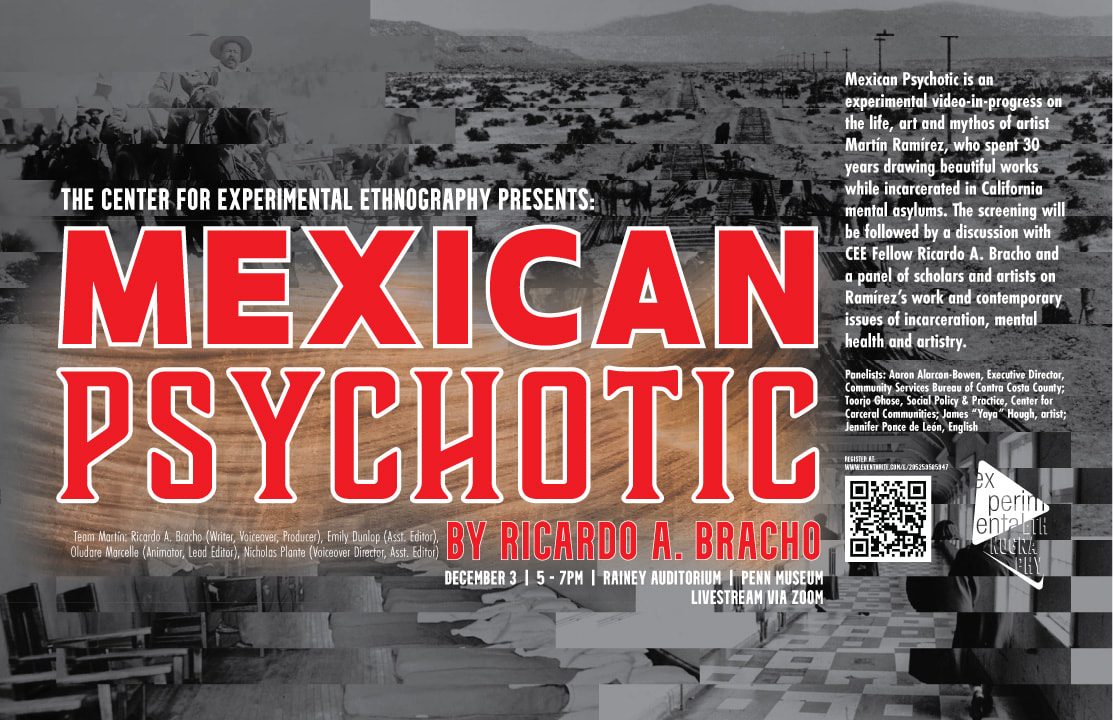
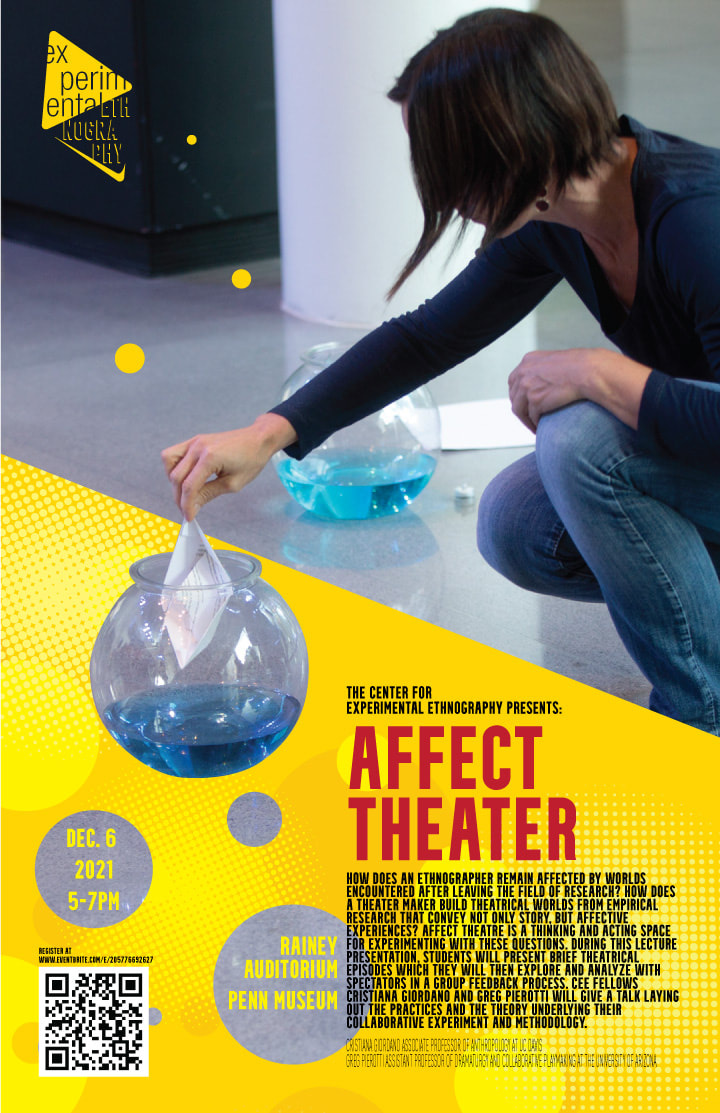
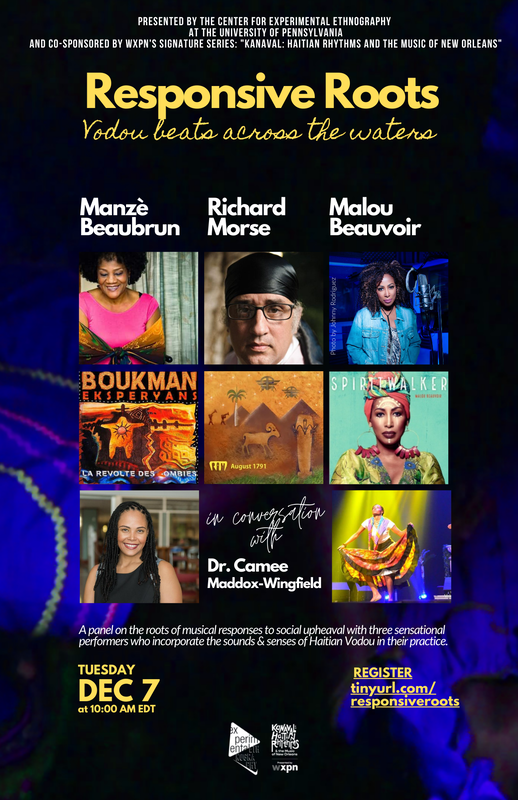
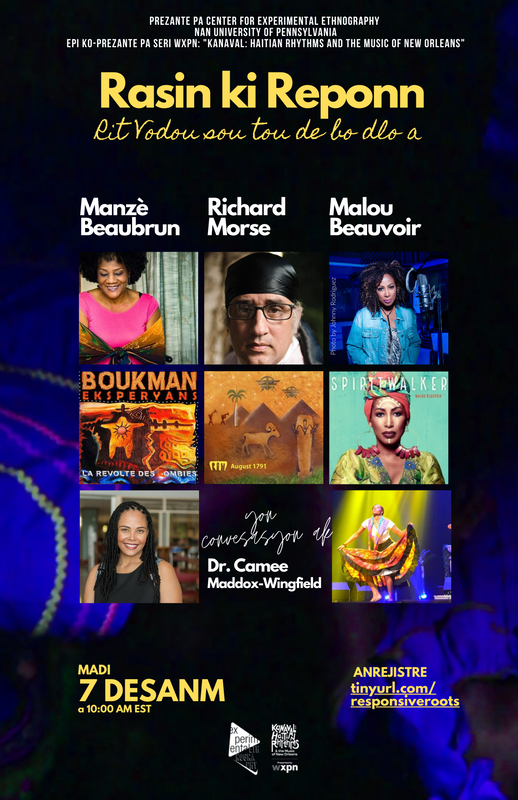
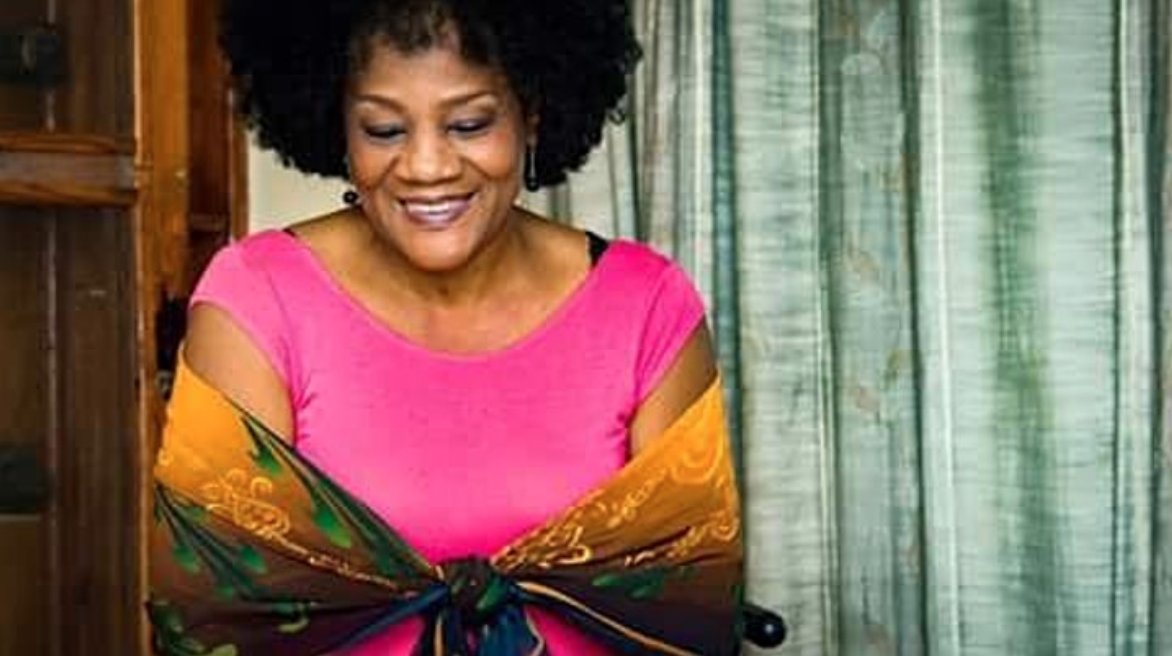

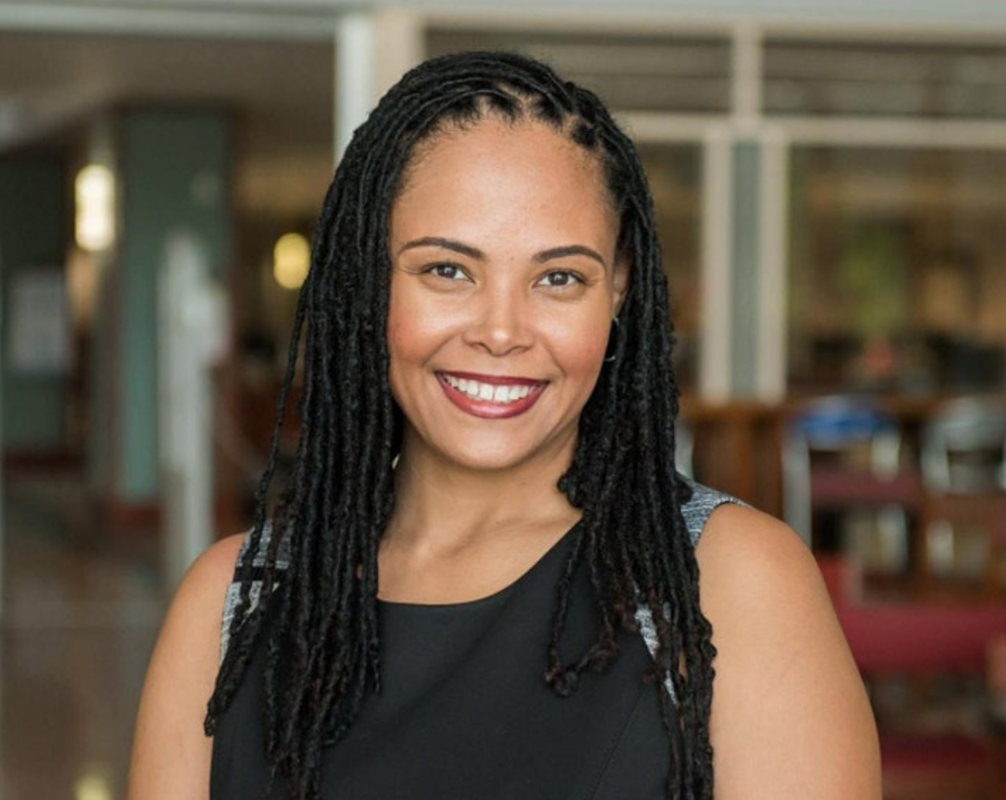
 RSS Feed
RSS Feed